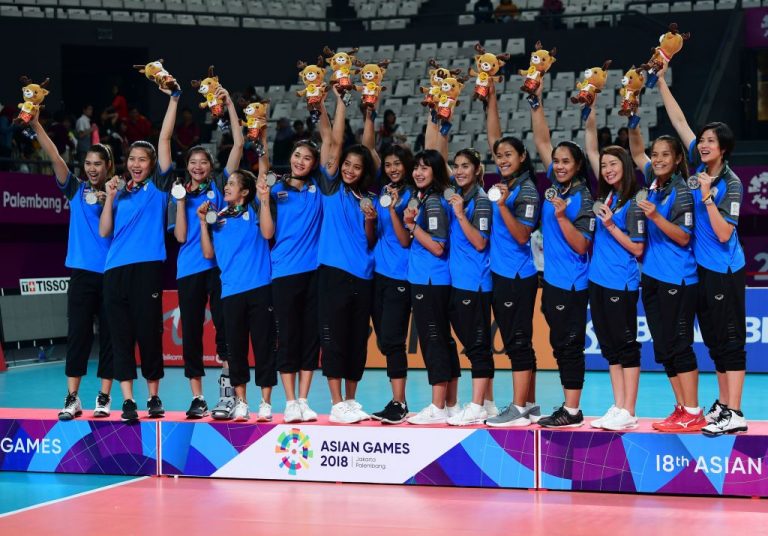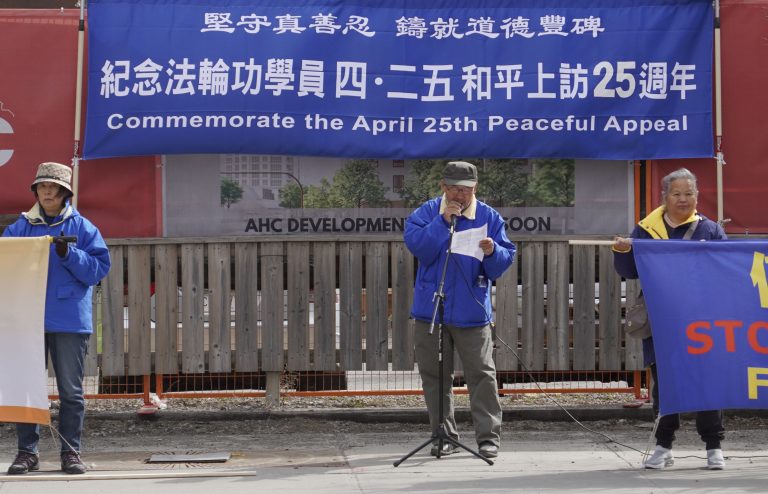26 members of Thailand’s women’s volleyball team tested positive for SARS-CoV-2, forcing the team to withdraw from the Volleyball Nations League (VNL) tournament held in Italy from May 25 to June 19.
All players and staff members on the team accepted the first dose of the Chinese-made Sinovac inactivated virus COVID-19 injection on April 29. As of May 12, 22 players and 4 staff tested positive and were sent to hospital for observation.
The Federation Internationale de Volleyball (FIVB) will, however, allow Thailand a special exemption to send in ringers for the VNL, according to Bangkok Post.
“[FIVB] provided Thailand with a special exemption on the publication of its roster to allow the Thailand Volleyball Association time to establish the best and safest way of ensuring that Thailand can compete in this prestigious global event,” an FIVB statement said.
Thailand is set to take on Japan in its first match on May 25, according to the match schedule.
Success
You are now signed up for our newsletter
Success
Check your email to complete sign up
In April, Reuters reported that Thailand had seen six cases of unusual stroke-like side effects in medical personnel who had been injected with Sinovac’s offering. Symptoms included drowsiness and numbness in the limbs. No blood clots were found.
All six affected individuals were female medical personnel from Rayong Province, east of Bangkok. Experts believe that the symptoms might have been related to the nervous system.
Thailand, a country of approximately 70 million people, has so far received 6 million doses from Sinovac, and is expected to receive an additional three million sometime in June.
China’s vaccine diplomacy not met with open arms
In January, clinical trials conducted in Brazil had shown Sinovac only had an efficacy rate of 50.4 percent, which is barely above the 50 percent threshold necessary for World Health Organization approval.
After results were released, Brazilian President Jair Bolsonaro had stated that he had been right to question the credibility of China’s injections, “This 50 percent is good, is it? All the [criticism] I got for my comments, and now they are seeing the truth. Four months of being lambasted because of the vaccine,” he told supporters outside his residence.
Back in October of 2020, Bolsonaro had said on Facebook and Twitter that his people “won’t be anyone’s guinea pig” at a time when Sinovac was being tested in the country.
In April, Chilean authorities released a study showing that the Sinovac vaccine only had an efficacy rate of 16 percent after the first dose. Almost 10.5 million people had participated in the study. The 26 positive-testing members of the Thai team had all taken only one shot of Sinovac.
Chile began vaccinating its people with Sinovac in February. On Feb. 1, its daily new positive PCR tests per million was at 207. This peaked at 663 on April 14 and is presently at the 316 level.
A report by The Epoch Times on April 11 revealed 14 people in Hong Kong had died after accepting Sinovac; 13 people developed facial paralysis.
Turkey began to administer Sinovac around mid-January. At the time, the country’s daily new positive PCR tests per million was approximately 111. On April 18, this peaked at 710 and is now hovering around the 130 level.
In April, the director of the Chinese Center for Disease Control and Prevention, Gao Fu, admitted during a presentation in the southwestern city of Chengdu that Chinese vaccines had low effectiveness, reported AP.
Gao later tried to claim his comment referenced all “vaccines in the world, and not particularly for China.”


















